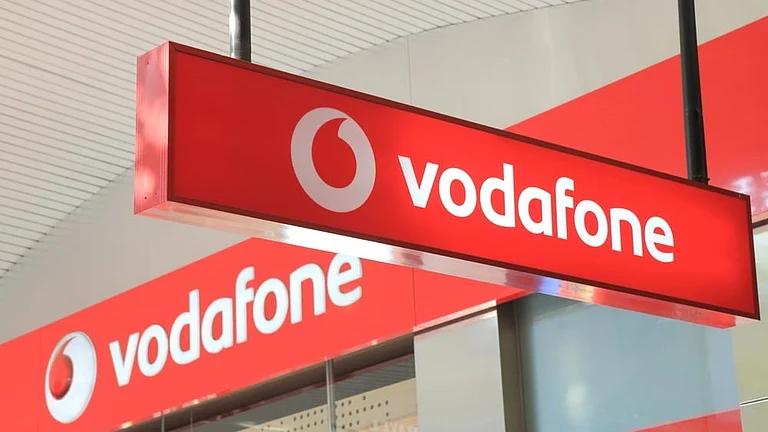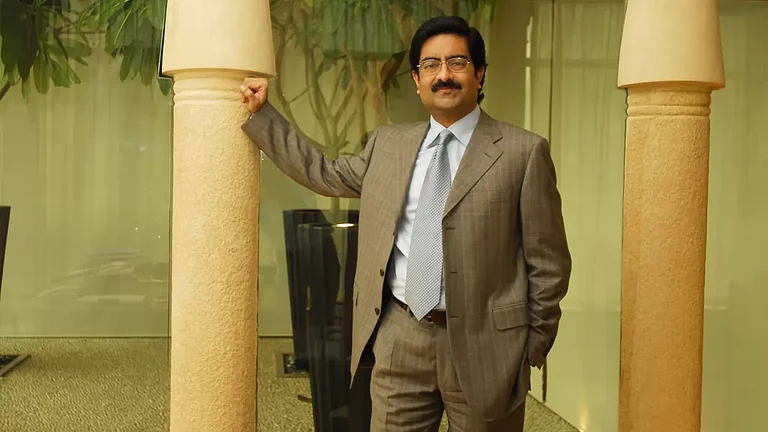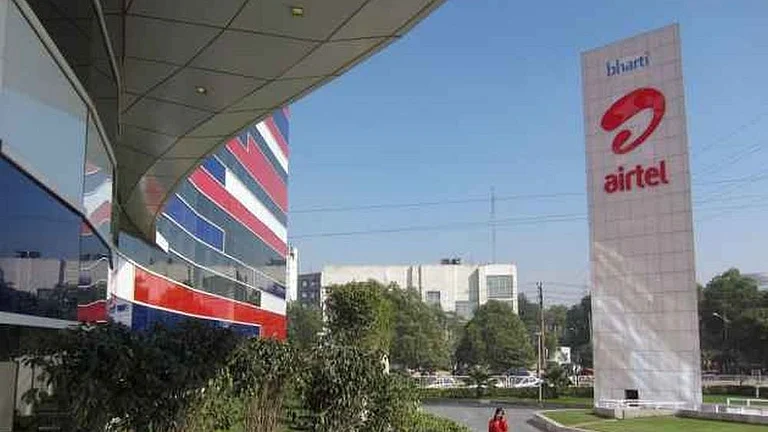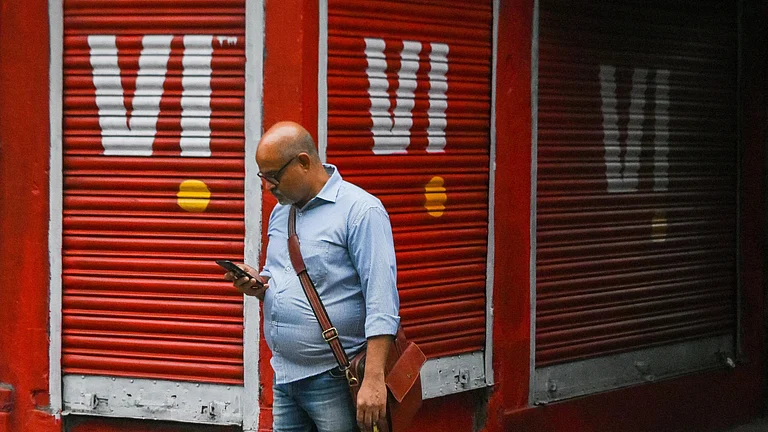Vodafone Idea, Indian telecom giant, has held discussions with a consortium of banks to avail Rs 35,000 crore loans and non-fund-based loans or bank guarantees. Additionally, Vi has reached out to those public sector non-banking financial companies who have shown interest in providing loans.
The loan will be raised to fund Vi's capital expenditure requirements. The loan-raising exercise is a part of Vi’s strategy to revive the company and help it to compete with its telecom rivals Reliance Jio and Airtel.
The telecom’s move has come after the banks have recently finished the techno-economic evaluation (TEV). TEV is an integrated evaluation of the technological performance and economic feasibility of a company.
Earlier, the banks had asked Vi to get a TEV assessment done by a leading consultancy firm to get a clear picture of the company’s creditworthiness and the amount of loans that could be raised.
“Vi is in active discussions with banks to secure debt funding. A key milestone in this process was the completion of the independent techno-economic evaluation initiated by the banks,” the Mint reported, citing a Vi spokesperson. Although, TEV, a mandatory requirement, was carried out by the banks in the past and has been revised recently, added the spokesperson.
Recently, on September 11, billionaire Kumar Mangalam Birla bought 1.86 crore shares in Vi. Another 30 lakh shares were purchased by Birla’s investment firm, Pilani Investment and Industries Corporation.
Earlier, the telecom giant charted out a capex plan of Rs 50,000-55,000 crore done through debt fundraising and equity raises over three years. Vi has already raised equity worth Rs 24,000 crore during the calendar year 2024, out of which Rs 18,000 crore were raised through follow-on public offer (FPO).
Currently, Vi’s total promoter holdings are 38.2 per cent, which also consists of 15 per cent and 23.2 per cent held by Aditya Birla Group and Vodafone Plc Group, respectively. Nearly, 20.1 per cent is held by the institutional investors and 17.9 per cent by non-institutional investors. The government stake in the telecom giant stood at 23.8 per cent.
































